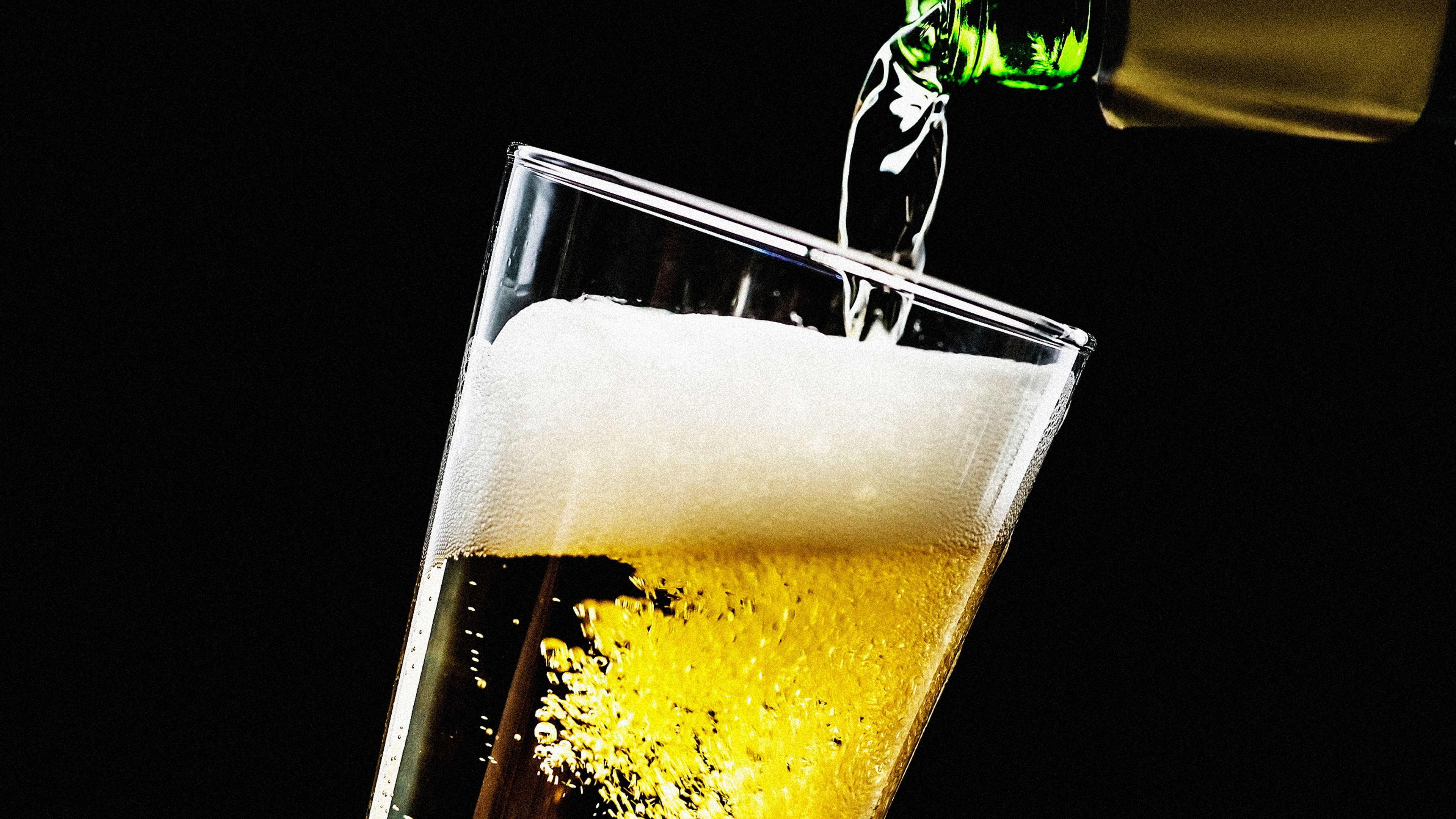If you’re a fan of kicking back a tall one at the local bar, we’ve got some bad news for you. There may be a looming beer shortage in the near-term, and that could send the price of the brew soaring. Here’s what you need to know:
- What’s happening? As NPR reports, a key ingredient needed in brewing–carbon dioxide–is facing supply constraints. This could lead to a looming beer shortage, or higher prices at the tap. This lack of available carbon dioxide is referred to as “CO2 tightness” in the beer industry.
- Why does beer need carbon dioxide? The gas is critical to the brewing process. It stops beer from tasting stale and is what’s responsible for the bubbles in your beverage, helping give beer its consistency.
- Why is there a carbon dioxide shortage? For a few reasons. The most immediate is that sources of carbon dioxide have dried up recently. Much of the carbon dioxide supply comes from ethanol and ammonia production, which produces CO2 as a byproduct. But this fall ammonia plants will close for regular maintenance. This, combined with ethanol plants that still have yet to open after shutting down during the pandemic, means two major sources of CO2 will soon cease.
- What’s the other reason? Climate change, of course. Summers are hotter now (especially this year) and when the heat goes up, people turn to beer to cool down. This creates more demand for CO2–demand which could soon outstrip supply.
- What can be done about this? Not a lot until ethanol and ammonia plants reopen after maintenance. As for the climate change part . . . that’s a problem that will only worsen in the years and decades ahead.
- Which brewers are most affected? Unsurprisingly, small brewers are the most affected by the CO2 shortage. Big breweries have the capital to buy and horde supply. But big brewers also have technical solutions at their disposal that smaller brewers do not. The process of brewing beer itself also produces CO2, which big brewers can capture and reuse with the right machinery. Small breweries usually don’t have the funds needed to purchase such equipment.
- So, what’s going to happen to my beer? Beers brewed by small craft brewers might simply become unavailable as the beers cannot be produced. And beer prices everywhere could rise until the CO2 shortage is under control.
- How long could the CO2 impact on beer supply and cost last? Paul Pflieger, communications director of the Compressed Gas Association trade group, told NPR that the organization anticipates “things to start reaching some normalcy in the next 30 to 60 days.” Until then, you might find yourself paying more at the tap for the suds you love.
Recognize your company's culture of innovation by applying to this year's Best Workplaces for Innovators Awards before the extended deadline, April 12.
